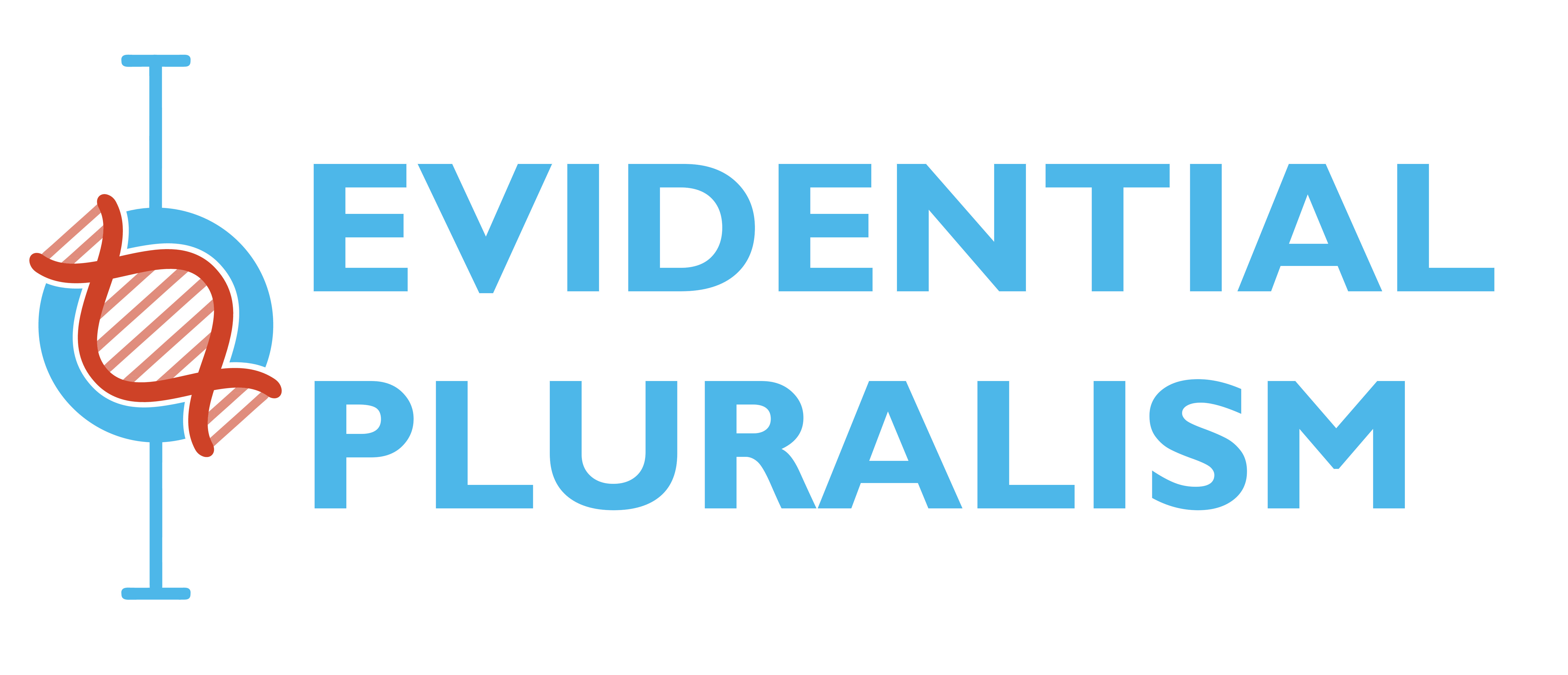
How should we assess whether an intervention works? The orthodox ‘evidence-based’ approach relies almost exclusively on randomized controlled trials (RCTs).
But sometimes, an intervention that works well in a RCT does not work well in another context. And sometimes evidence other than RCTs can help us judge whether the intervention works.
Evidence of mechanisms, in particular, can often help us judge whether an intervention works in the context in which it will be applied.

Evidential Pluralism is a theory of causal enquiry that takes evidence of mechanisms seriously. It holds that:
-
Establishing causation normally requires establishing that the putative cause and effect are both appropriately correlated and connected by an appropriate mechanism (‘object pluralism’).
-
Evaluating causation requires scrutinising both association studies and mechanistic studies, where available (‘study pluralism’).
![]()
For a quick introduction to Evidential Pluralism and its applications, see
- Focus on Evidential Pluralism, The Reasoner 15(6), 2021.
Evidential Pluralism has been applied to Medicine, Policy, and Law, for example.